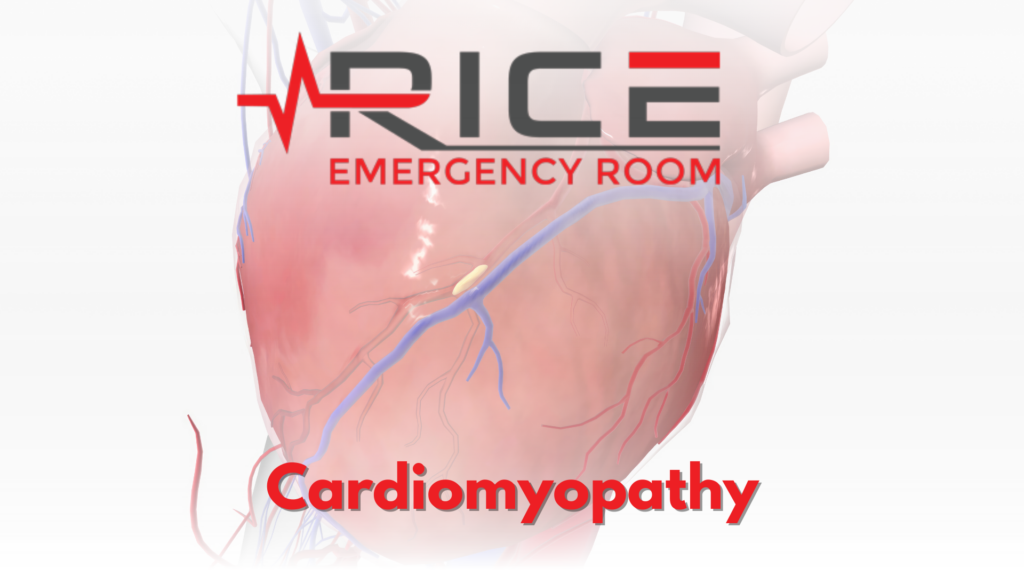Migraines can trigger different conditions, including visual disturbances such as a striking ray of light, blind spots, and even enormous geometric shapes.
Some may perceive these as severe conditions, even thinking of them as hallucinations and mental disorders.
But are these considered as such? Should these occurrences during a migraine attack indicate a mental health condition?
This article tackles the relationship between migraines and hallucinations and when to seek treatment.
What are hallucinations?

Hallucinations are experiences that involve your five senses—visual, smell, touch, hearing, and taste. They occur in your mind but not in reality.
For example, you may see an object that is not real or hears a sound that others do not perceive.
Hallucination can be a symptom of a side effect of a medication, physical injury, or illness such as epilepsy and a mental disorder.
Types of hallucinations
Hallucinations come in different forms. These typically affect your senses and can appear as a reality that differs from what others experience.
Visual hallucinations
Visual hallucination describes seeing objects, people, patterns, and lights that seem real but do not exist. An example is seeing a person or a thing that no one else can see.
Olfactory hallucinations
Olfactory hallucination describes as smelling odors that are unreal. This type of hallucination may also include scents that attract and pleases you.
Gustatory hallucinations
Gustatory hallucination is about a unique taste you experience in food others do not distinguish.
People with epilepsy often experience gustatory hallucinations where they can taste metal in relatively safe and delicious food.
Auditory hallucinations
Auditory hallucination is a usual kind of hallucination that involves hearing voices and sounds that others miss. These voices may be warm, angry, or neutral.
Familiar sounds of auditory hallucinations are footsteps, tapping noises, and repetitive clicking. These sounds are often distracting and annoying.
Tactile hallucinations
Tactile hallucination is the feeling of touch or movement in the body when there is not. An example can be a crawling insect on your skin or someone’s hand touching your body.
Is It Normal to Hallucinate During a Migraine Attack?
It is uncommon for hallucinations to appear during a migraine attack. Diagnosis of hallucinations may come from intensive testing for a physical or mental health condition.
Can Migraine Attacks Cause Visual Hallucinations?
People who experience migraine may develop sensory disturbances. However, these are not classified as migraine visual hallucinations.
The sensory disturbances are called visual auras, a common symptom showing unusual graphic patterns and lights while migraines occur.
Other signs of a visual aura include:
- Bright spots
- Jagged flashes of light
- Loss of vision
- Geometric shapes
- Zigzag lines
- Blind spots
However, migraine hallucinations are still possible for people with complex stages such as basilar migraine or familial hemiplegic migraine.
Complex visual hallucinations usually appear during the latter stage of migraine and can drag on from hours to days.
Can Migraine Attacks Cause Auditory Hallucinations?

The occurrence of auditory hallucinations among people with migraine is uncommon, according to the International Headache Society.
In a study, people who experience disturbance during sound sensitivity headaches describe the hallucination as having an occurrence of voices.
The same research for migraine sound sensitivity, also showed that half the number of respondents that develop auditory hallucinations during a migraine have an underlying mental condition such as depression.
This implies that the migraine may not be the cause of hallucination but from other existing states.
Can Migraine Attacks Cause Olfactory Hallucinations?
Over 95 percent of people who experience migraine have developed a sensitivity to smell. While olfactory hallucinations may be rare, with only 0.1 percent, the occurrence of olfactory migraine is possible.
People with migraines can smell unusual odors to things that do not smell in reality. This hallucination may occur before or during the attack.
If you experience olfactory hallucination, you will also typically experience sensitivity to lights and sounds.
Olfactory migraine triggers also vary from one person to another. The scent can either be undesirable or pleasant, depending on the person’s experience.
How Long Can Hallucinations Last?
A hallucination can last less than 60 minutes. On the other hand, an aura can last longer than one hour.
How Do You Treat a Migraine With Hallucinations?
If you experience migraine attacks that come with hallucinations, you have to consult a doctor immediately for treatment. Go to the nearest emergency room to have yourself checked by a migraine specialist.
After the initial assessment and administration of migraine medicine, your doctor will have to recommend laboratory tests to diagnose what’s causing your hallucinations.
Imaging tests may include Magnetic resonance imaging (MRI) to check on the condition of your brain. You may also undergo a urine and blood test for further examination of your situation.
If your physician finds out that your hallucinations are part of an aura, such as a visual or auditory aura, the treatment may include the following:
- A cold compress on your forehead and back of the neck
- Prevention medications such as antidepressants, blood pressure pills, and anti-seizure drugs
- Rest in a dark and quiet room
Depending on your condition after the emergency treatment, you may be advised to go home with over-the-counter medications or stay for admission for further evaluation.
Can You Have a Migraine Aura Without Head Pain?

You can develop a migraine aura without a headache. This condition is called an acephalgic migraine and can trigger visual disturbances without pain.
When you have this condition, you may come across visions of zig-zag lines, visual field loss, and light that may disappear after a minute.
While there is no head pain, you may experience stomach upset and sensitivity to light and sound.
What Are Some Other Conditions That Might Cause Hallucinations?
Hallucinations may cause conditions, including psychiatric, neurological, and eye conditions.
Psychiatric conditions may include:
- Schizophrenia. A severe mental condition that involves an abnormal interpretation of reality. It also includes hallucinations and delusions with impaired functioning.
- Depression with psychotic features. Major depressive condition with the lack of sense of reality.
- Substance use. Excessive use of illegal substances to alleviate pain and escape reality.
Neurological conditions may include:
- Alzheimer’s disease. A progressive condition and a type of dementia common among seniors that affects the brain’s sense of control, thought, and memory.
- Parkinson’s disease. A brain disorder involving uncontrollable movements and difficulty in coordination and balance.
- Stroke. A brain attack happens when there is a blockage in the brain’s blood supply.
- Brain tumor. A collection of abnormal tissues of the brain that puts the organ at risk of functioning healthily.
- Lewy body dementia. A progressive mental disorder that involves visual hallucinations, sleep deprivation, and depression.
- Epilepsy. A seizure disorder caused by brain abnormalities.
- Migraine. A severe headache in one side of the head is triggered by abnormalities in brain vessels and nerve signals.
Eye conditions include:
- Cataracts. A clouding of the lens in the eye is common among the elderly.
- Macular degeneration. Partial blindness is common among seniors that affect reading and recognition.
- Glaucoma. Damage in the optic nerve that causes loss of vision
If you have any of these conditions, head to Rice Emergency Room to avoid experiencing hallucinations.
When to get medical help?

Aside from the fact that they can be disturbing, hallucinations can be a symptom of an underlying condition.
Medical professionals are the only reliable specialists who can treat hallucinations. By seeking medical treatment, you will know the cause of these sensory disturbances and undergo immediate treatment to stop them from occurring.
If you are experiencing hallucinations, head to Rice Emergency Room in Houston to get an immediate diagnosis of your condition. Call us to learn more about our services.
Seek immediate treatment
A migraine attack is not a condition you should let pass, primarily if it already affects your usual way of living. If the pain does not go away after taking over-the-counter medications, you should go to the nearest ER for treatment.
If you experience a migraine attack that comes with a visual aura, such as blind spots, loss of vision, and the appearance of flashy lights, you should head to the nearest emergency room to get immediate treatment.
Rice Emergency Room is the leading emergency medical facility in Houston, Texas. Our emergency team of doctors, nurses, and medical technologists are all trained in treating symptoms of a migraine attack.
Rice Emergency Room also has an on-site diagnostic and laboratory facility equipped with the latest technology in diagnosing any underlying condition that may also cause your migraine. We can also detect if your sensory disturbances are categorized as aural hallucinations.
After applying for immediate treatment, we may endorse you to other specialists who can look into your condition.
Do you have migraine attacks? Do you experience unusual sensory disturbances that you perceive as hallucinations?
Let our team give you the immediate treatment you need. Go to Rice Emergency Room in Houston to learn more about our services.




